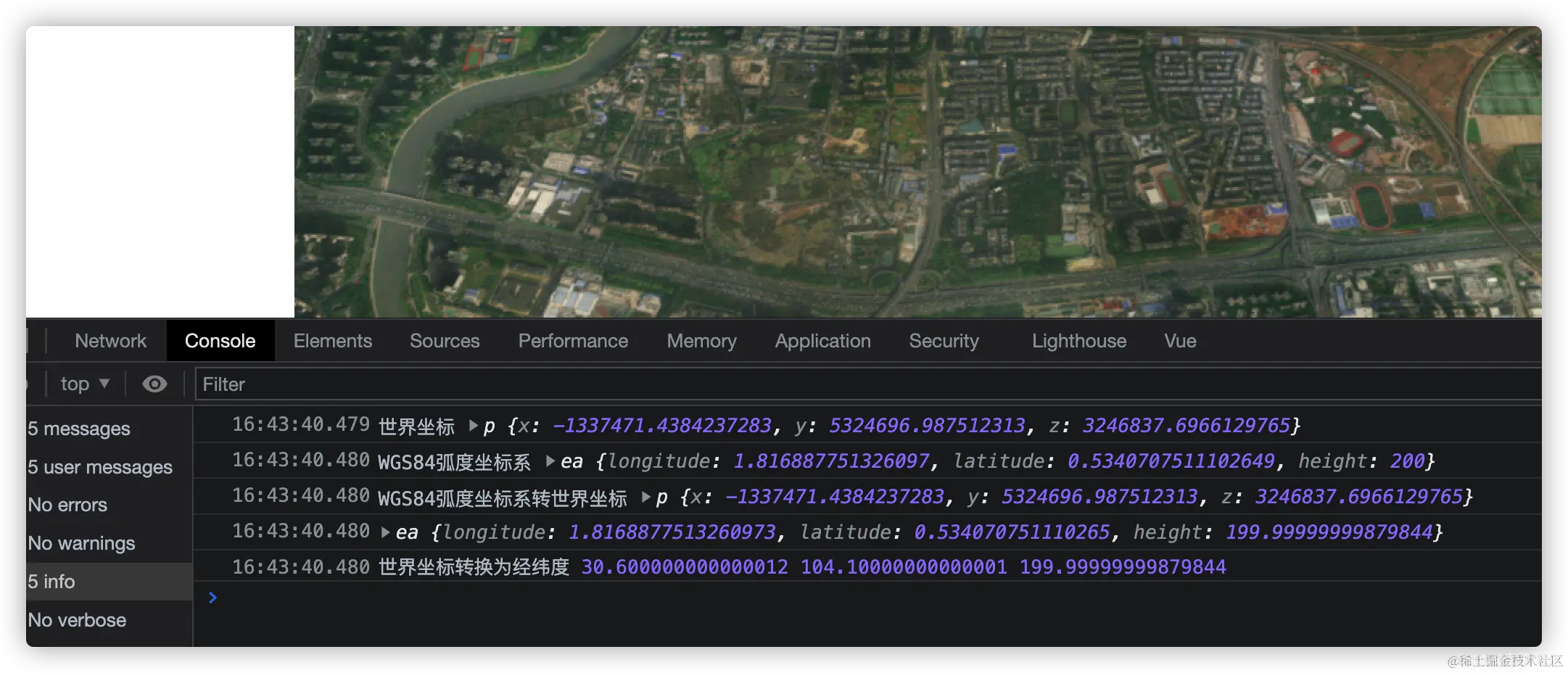A recent review study examining a decade of research on technology and sleep found the link is more nuanced than previously thought. “It’s an interaction between a person’s vulnerabilities--and not everyone has these vulnerabilities--and the type of activity that they’re performing on these devices,” says Michael Gradisar, an Australian clinical psychologist who co-wrote the review published in the journal Sleep Medicine Reviews. In the early 2010s, Gradisar himself was among a group of researchers who proposed that bright light from screens at night could delay the circadian rhythm, in a review published in the journal Sleep Medicine.
翻译:最近一项研究检查了近十年来科技与睡眠相关的研究发现这个联系比之前想象的更加微妙。这个是个人弱点(并不是每个人都有)和设备上进行活动的类型之间的相互作用的结果。MG说,他是发表在《睡眠医学评论》杂志上的回顾性研究的共同作者。2010年代初,作为研究团队成员之一,他在睡眠医学杂志上发表的一篇综述中提出,夜间屏幕发出的强光可能会延迟昼夜节律。
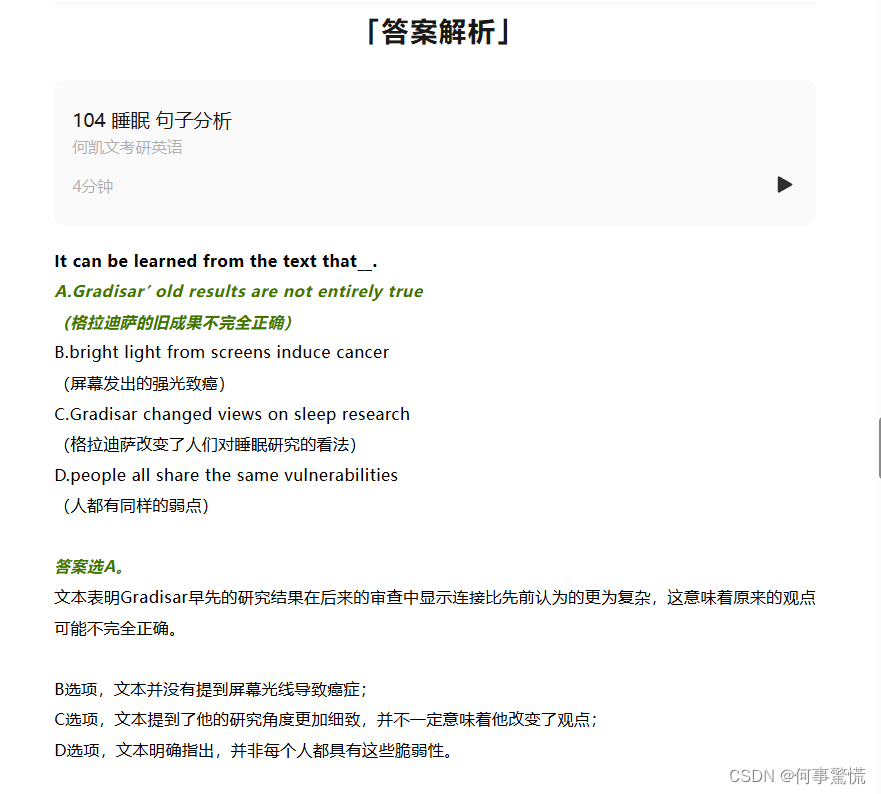
「词汇总结」review study - n. 综述研究
examine - v. 审查
decade - n. 十年
technology - n. 技术
link - n. 连接
nuanced - adj. 有细微差别的
interaction - n. 互动
vulnerability - n. 弱点,脆弱性
device - n. 设备
clinical psychologist - n. 临床心理学家
co-write - v. 合作编写
published - v. 发表
journal - n. 期刊
Sleep Medicine Reviews - n. 《睡眠医学评论》
「文章背景」睡前看手机或平板影响睡眠?长期以来,研究睡眠的学者们都普遍认为,智能设备屏幕发出的蓝光会影响人们正常入睡。但最近的一些发现显示,真相可能并不那么黑白分明,专家们正在重新思考“传统”的睡眠观念:在某些情况下,他们放弃了睡前两小时不看屏幕等教条。他们还在质疑可怕的“蓝光”究竟会在多大程度上延迟睡眠。“越来越显著的是,技术本身并不总是问题所在,”纽约专门研究行为睡眠医学的临床心理学家谢尔比·哈里斯 说,“我们需要想办法根据个人情况定制建议。”对于我们中的一些人来说,某些类型的屏幕使用——比如在手机上看一集舒缓放松的电视节目——实际上可能有助于我们入睡。而且并不是每个人都“有能力”睡前花几个小时盯着手机,有些人可能对蓝光更为敏感,有些人不会因电子游戏等吸引人的内容而感到困扰,而另一些人则可能会因为看一本纸质书而彻夜难眠。当然,是否影响睡眠还与阅读或观看的内容紧密相关,最适合睡前的内容是被动性的、无需互动的。
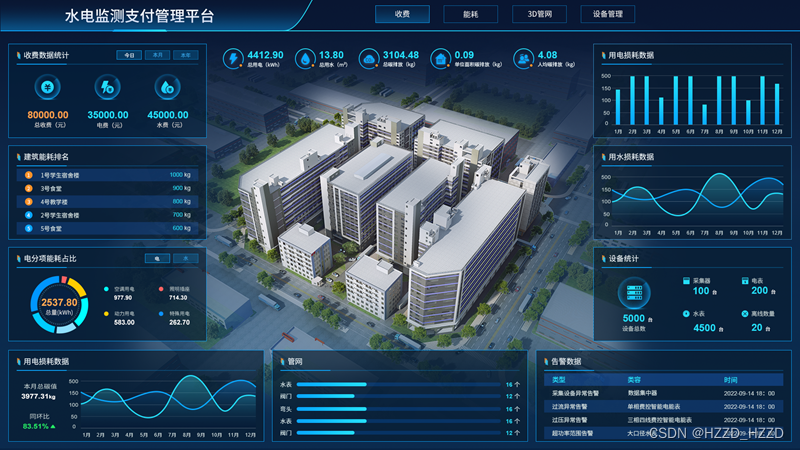
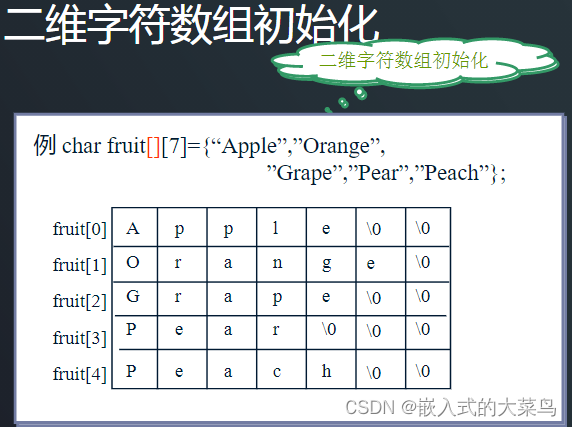

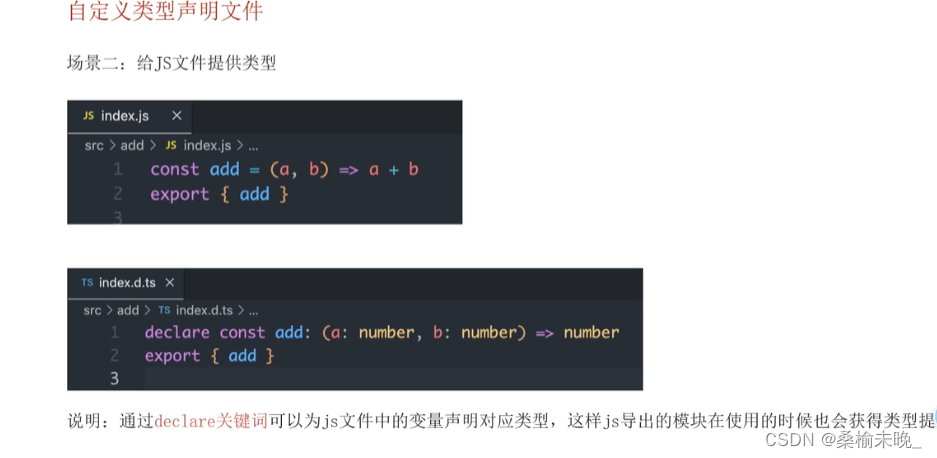
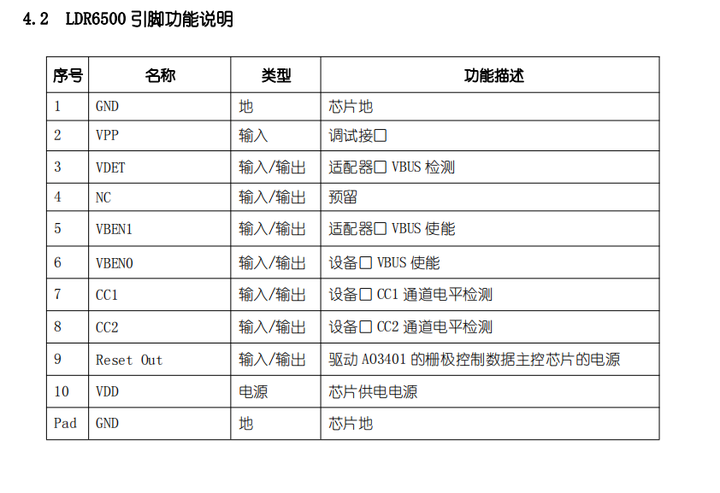


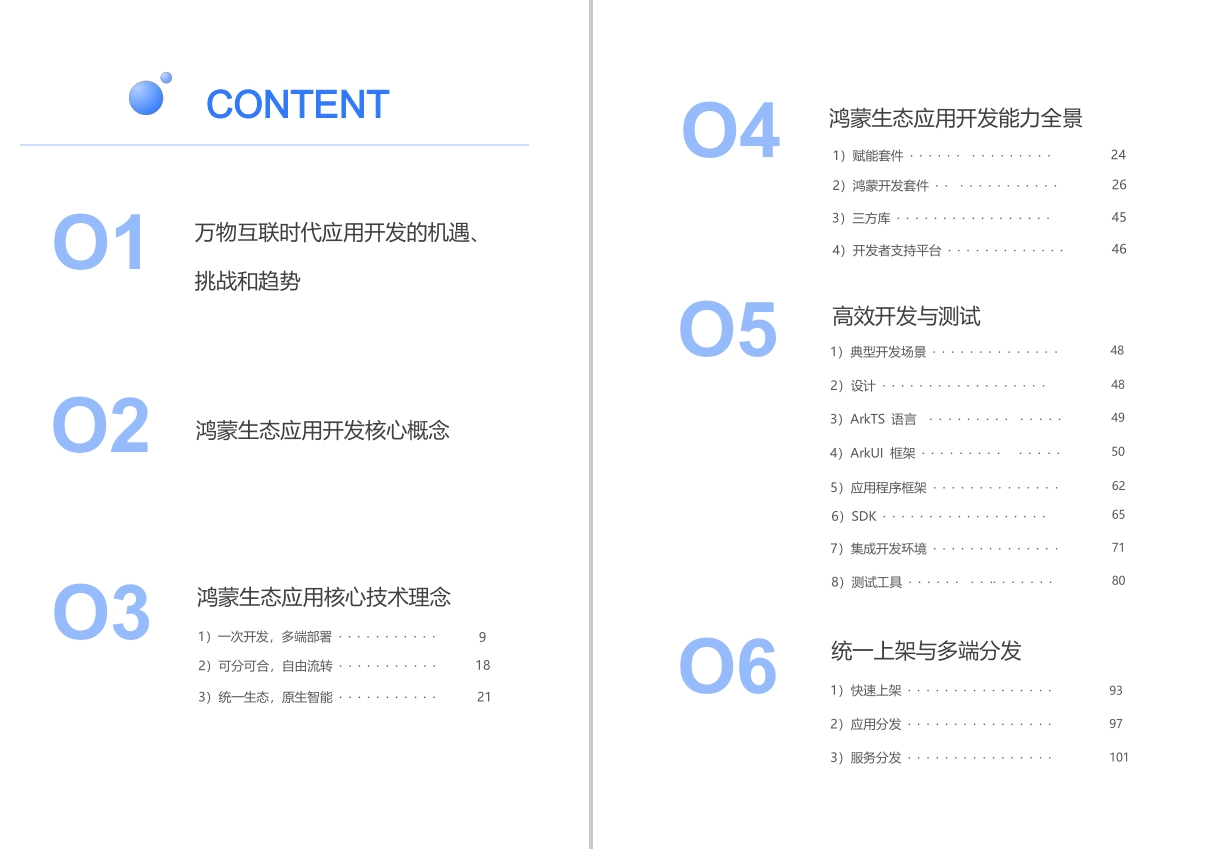
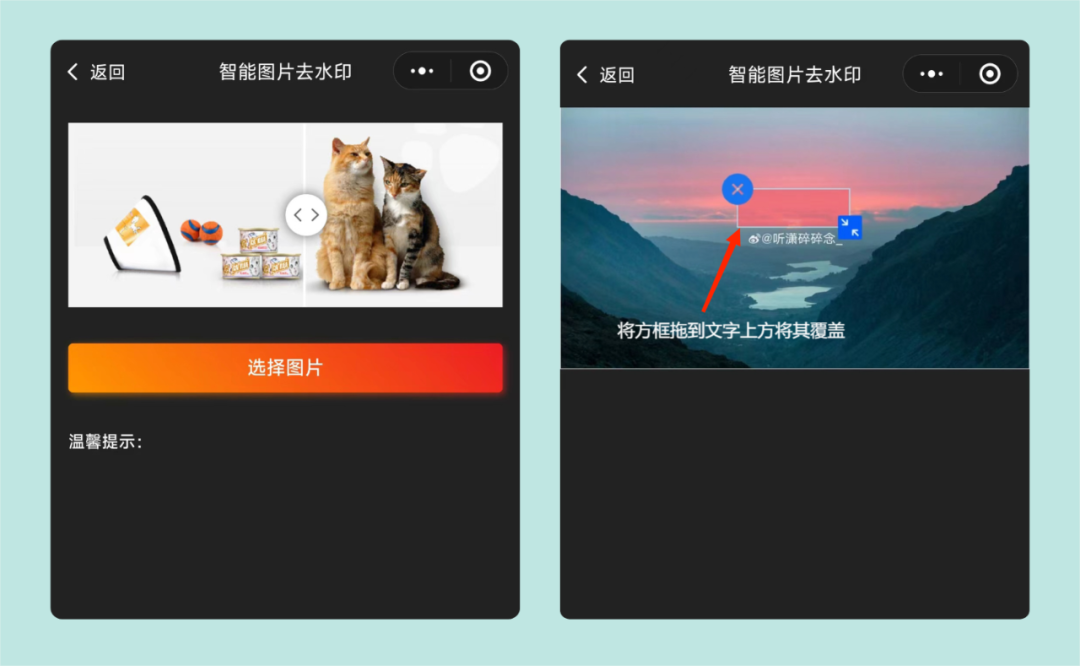




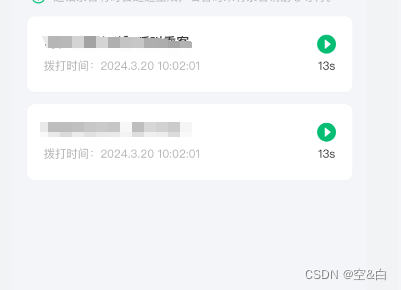
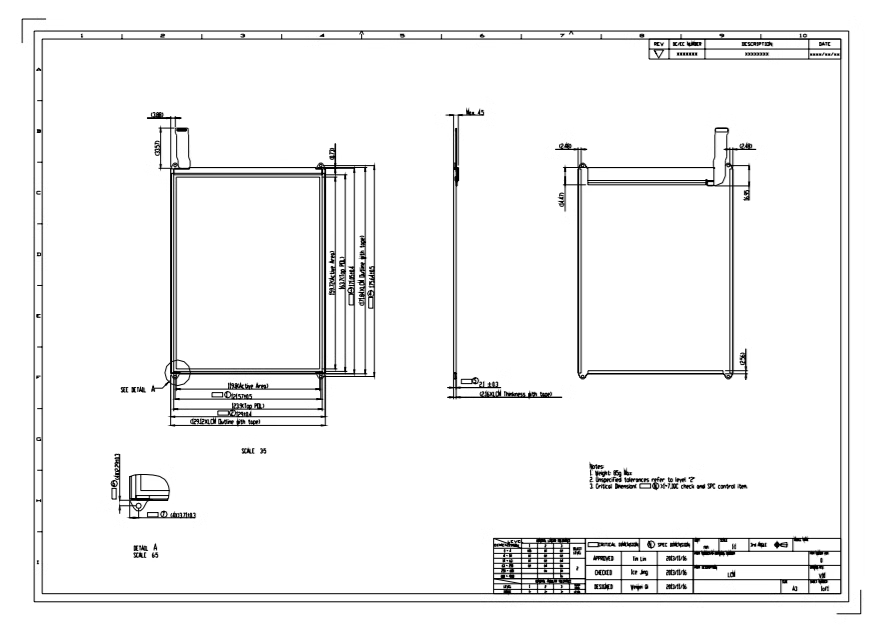
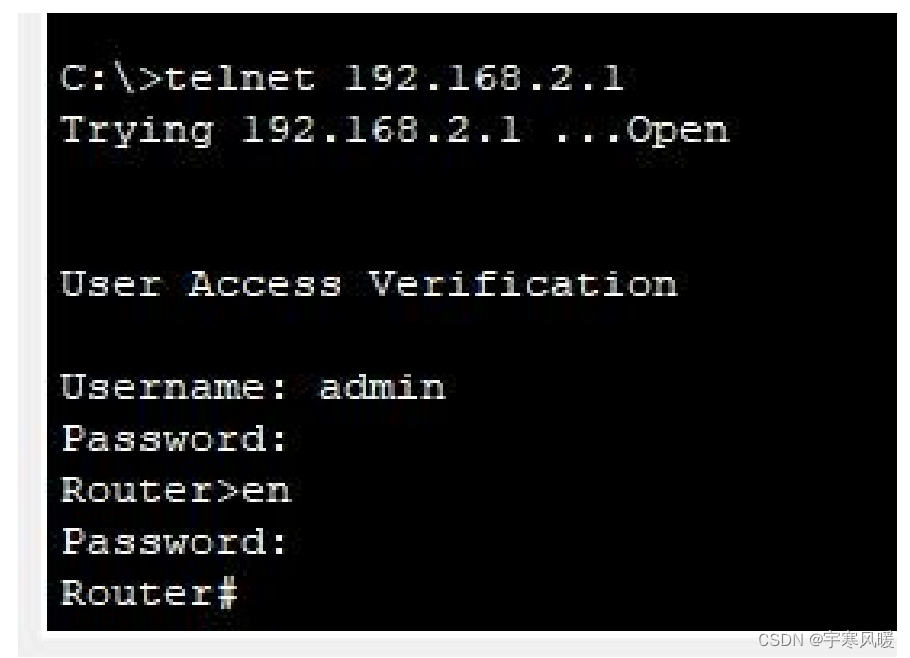
![python的line[:-1]和line[-1]](https://img-blog.csdnimg.cn/direct/0cd795e076f745f4b34a63462fbf9da9.png)

